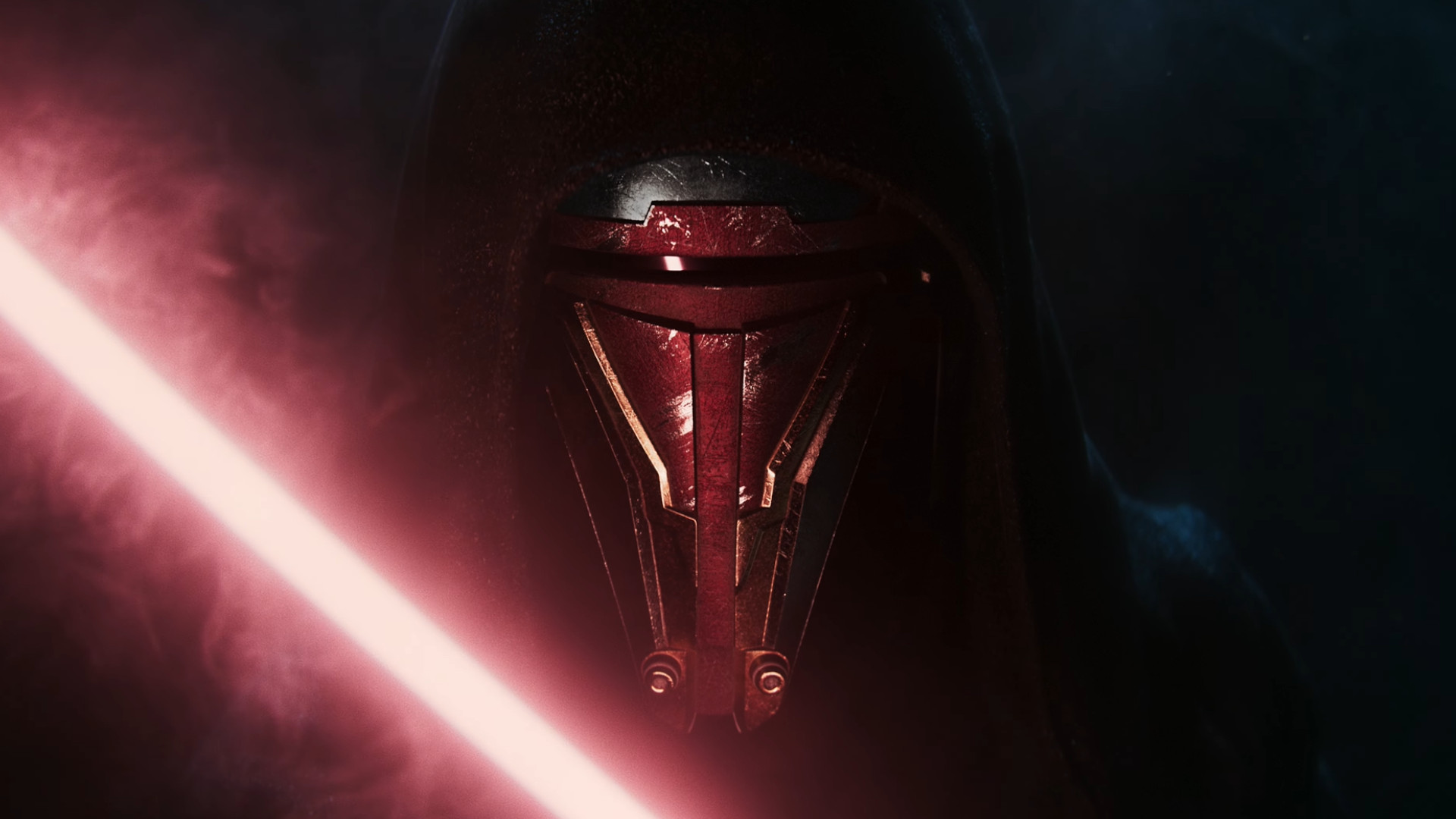PS5 and Xbox Series X exclusives are a confusing mess — and I’m sick of it
It’s time that PS5 and Xbox Series X exclusives were properly labeled

Last week, the Knights of the Old Republic Remake was announced during the PlayStation Showcase 2021, and there was much rejoicing. Yet there was also a fair amount of confusion after the game was announced as a PS5 exclusive.
It was originally assumed that, due to Sony’s phrasing, it would be a timed exclusive: essentially a game that launches first on PS5, but is then free to release on competing platforms such as Xbox Series X at an agreed-upon later date. However, a tweet from Sony’s own Twitter account muddied the waters and led to some PlayStation fans believing the game was in fact a true exclusive, that would only ever be playable on PS5.
- The best PS5 games in 2021
- PS5 vs. Xbox Series X: Which console wins?
- Plus: Xbox Series X may get 500GB expansion cards — but where’s the 2TB option?
This confusion was thankfully cleared up relatively quickly by KOTOR Remake's Senior Game Designer, Tully Ackland, who confirmed that it will come to PS5 (and PC) first, but in the future could launch on additional platforms. That will most likely be after a period of at least one year, as is the norm with timed exclusives.
It was a relief that the debate was nixed before it had really begun, but this is an all-too-familiar story. It’s not just Sony which is guilty of being vague, intentionally or unintentionally, about whether a game is a timed or true exclusive. Microsoft is just as bad at blurring the lines, possibly for the sake of marketing. And I’m fed up with it.
Not for the first time
The confusion surrounding the exclusive status of the KOTOR Remake is far from a rare occurrence. In fact, I can remember a fierce online storm when Microsoft and Square Enix repeatedly dodged questions about the exclusivity status of Rise of the Tomb Raider all the way back in 2015.

In that case, the game launched on Xbox One, Xbox 360 and PC, and came to PS4 exactly one year later in November 2016; I'd expect the KOTOR Remake to follow a very similar timeline.
The debate around exclusive labeling was also stoked last year when Microsoft acquired Bethesda’s parent company ZeniMax and proceeded to give vague non-answers when asked if that meant all future Bethesda titles would be Xbox exclusives.
Get instant access to breaking news, the hottest reviews, great deals and helpful tips.
Even earlier this year, gamers were still debating whether upcoming Bethesda games such as Starfield and The Elder Scrolls 6 would be coming to PS5. We at least got confirmation at E3 2021 that Starfield will be a permanent Xbox console exclusive, but the fate of future installments in the popular Elder Scrolls and Fallout series haven’t been clarified — although the smart money would suggest neither will release on PS5.

These are just a few examples of the literally hundreds of times that Sony, Microsoft and third-party partners have danced around the term exclusive and been evasive when directly asked what platforms an upcoming game will ultimately come to.
There is another way
I see no reason why, when a game is announced by either Sony or Microsoft (or any other gaming platform holder), the exclusive status of that game cannot be instantly, and very clearly, explained.
When KOTOR Remake was announced, would it have really taken away from the excitement around its reveal for a message to pop up on the screen, clearly laying out that “KOTOR Remake is exclusive to PS5 for at least X amount of time”? It certainly wouldn’t have affected my enjoyment of the trailer.

This week, I noticed that Sony has started doing just that in the TV spots for recently released timed-exclusive Deathloop, clearly informing players that the Arkane-developed shooter will only be exclusive to PS5/PC for a year.
After that period of time has elapsed, the game’s publisher (rather humorously, Bethesda) will be free to release it to other platforms. I want that level of candor to become the norm on both sides of the console divide.
No benefit to the players
Being aggravated by the way mega-corporations choose to label video game exclusives might seem like a very small thing to care about, but it serves no benefit to players for companies to refuse to be upfront about this issue.
I’m not foolish enough to overlook the fact that Sony and Microsoft may be being intentionally vague for marketing purposes. It serves the PlayStation brand well if players mistakenly assume that KOTOR Remake is only ever going to be on PS5, and likewise when Microsoft isn’t clear with consumers.
It’s time that both Sony and Microsoft were consistently clear and told players exactly what the situation is when it comes to exclusives.

Rory is a Senior Entertainment Editor at Tom’s Guide based in the UK. He covers a wide range of topics but with a particular focus on gaming and streaming. When he’s not reviewing the latest games, searching for hidden gems on Netflix, or writing hot takes on new gaming hardware, TV shows and movies, he can be found attending music festivals and getting far too emotionally invested in his favorite football team.
